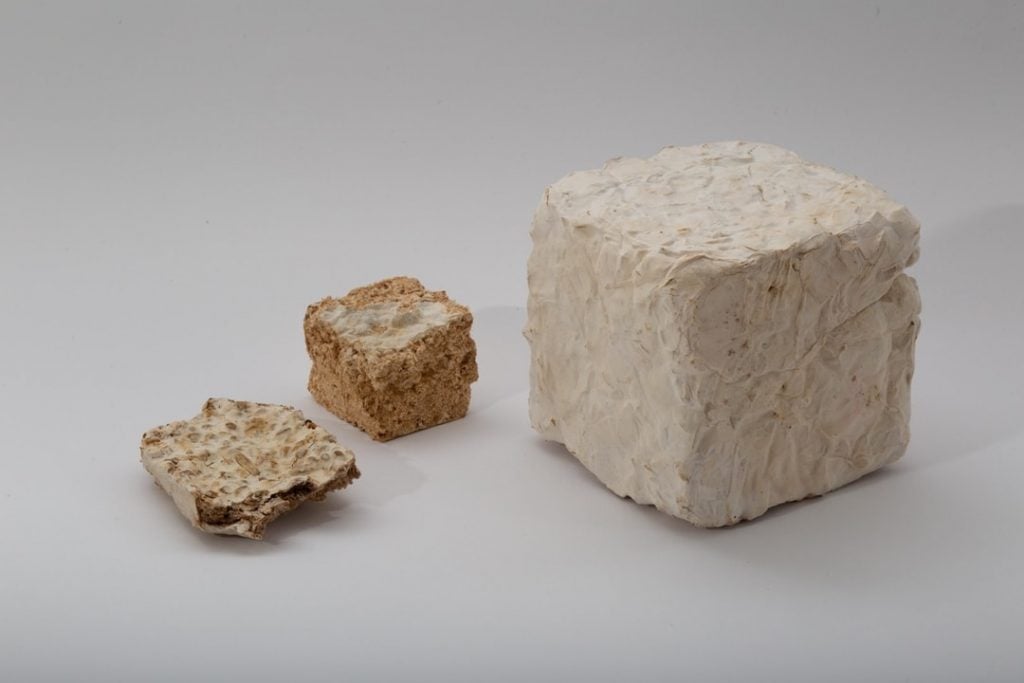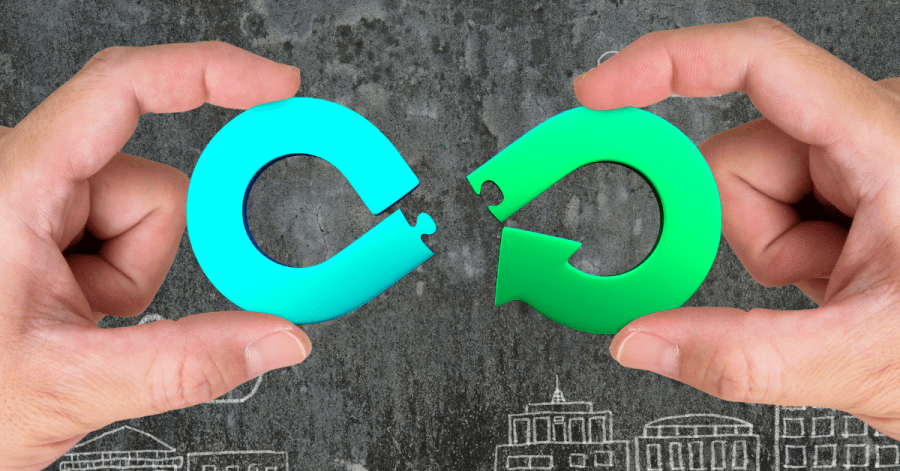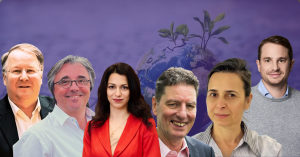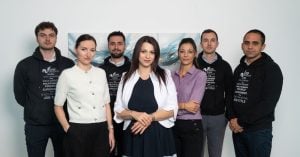New funding worth close to €134 million will be available to companies – and particularly SMEs – in Western Balkans and Turkey to support the transition to a circular economy. The initiative is launched and led by the European Bank for Reconstruction and Development (EBRD) to finance innovative technologies that improve resource use and waste management, as well as to boost competitiveness, innovation, and economic growth in the region.
The Global Environmental Facility, EBRD’s long-term partner, and The Austrian Federal Ministry of Finance are also financing the program, with ~€12 million and ~€1 million, respectively. EBRD is contributing the rest of ~€121 million.
In Southeast Europe, just like other parts of the world, there is a growing need to mitigate the additional pressures on the environment that stem from a growing population, economic growth, and intense use of resources that fuel consumption and production.
The current challenge resides in the linear model of the economy, whereby raw materials are used to produce goods that are discarded as waste at the end of life, producing externalities such as GHG emissions, plastic pollution, and the depletion of natural resources. The circular economy model proposes a recirculation of resources through the production and consumption systems, mimicking the cycles of nature.
The EBDR program will track performance rigorously, to the point that the interest rate will be linked to results such as improvements in the management of raw materials and waste; the reduction, or avoidance of GHG emissions and harmful chemicals; and the implementation of GHG emissions control technologies and practices.
Such new financing commitments will likely encourage the emerging startup ecosystem and SMEs in the Balkans to build circular economy models and technologies. Already, some frontrunners have been working on educating the population around the issues with linear consumption and to provide alternative solutions.
Examples of startups and SMEs addressing circular economy in Western Balkans
Soma, Serbia: Biosporin™, a biodegradable substitute to expanded polystyrene

One of the biggest waste and pollution sources is packaging. Whether used in consumer goods or industry, packaging becomes an issue when it is not effectively designed and managed throughout its lifecycle.
Soma offers a biodegradable substitute to polystyrene – a plastic polymer that poses many challenges in recycling around the world. Biosporin™ can be used in the packaging, but also the construction and manufacturing sectors. It has all of the key properties of polystyrene, including thermal insulation, durability, flexibility, and shock resistance. Yet, it uses 98% less energy in production.It is produced from waste, generates zero wastewater, and can biodegrade into organic fertilizer.
Based in Belgrade, Serbia, Soma is a project of White Lemur, a company developing biotechnological innovation in the fields of health and green technology. As part of a different project, the company also develops fungi-based health supplements. Biosporin™ was developed from a by-product resulting from making the supplement. White Lemur received capital from the Republic of Serbia Innovation Fund.
Pana, Albania: Producing furniture by reusing the wooden waste that is in the market
Elsewhere in Albania, architect Pezana Rexha has created blended social entrepreneurship with circular economy principles and her passion for interior design. At Pana, she repurposes scrap wood – mostly pallets – to create new furniture and interior design elements, while also offering employment to disadvantaged groups, such as returning migrants and old workers.
Pana was launched after winning $10K in a competition in 2013. Six years later, the company had around 18 employees, 12 helpers, had furnished 130 restaurants and shops in and around Tirana, and had provided interior design services and furniture to several hundred private households. In 2015, Pana also won the second prize in EIB Institute’s annual Social Innovation Tournament.
Skopje goes Zero Waste, North Macedonia: Commercializing products with better environmental footprint
In Skopje, emissions from landfills and waste incineration are some of the biggest issues, especially during the summer. NGO and environment activist Marija Arsoska launched “Skopje goes Zero Waste” with the purpose of educating people on what it takes to embrace a zero waste lifestyle – and providing the means to make the transition.
The social enterprise commercializes products with no or minimum packaging sourced from small domestic manufacturers. In March 2021, the concept was one of the winners of the RISE program by the Association For Social Innovation ARNO. The “Skopje goes Zero Waste” team received €2,500, as well as mentoring and expert support.








